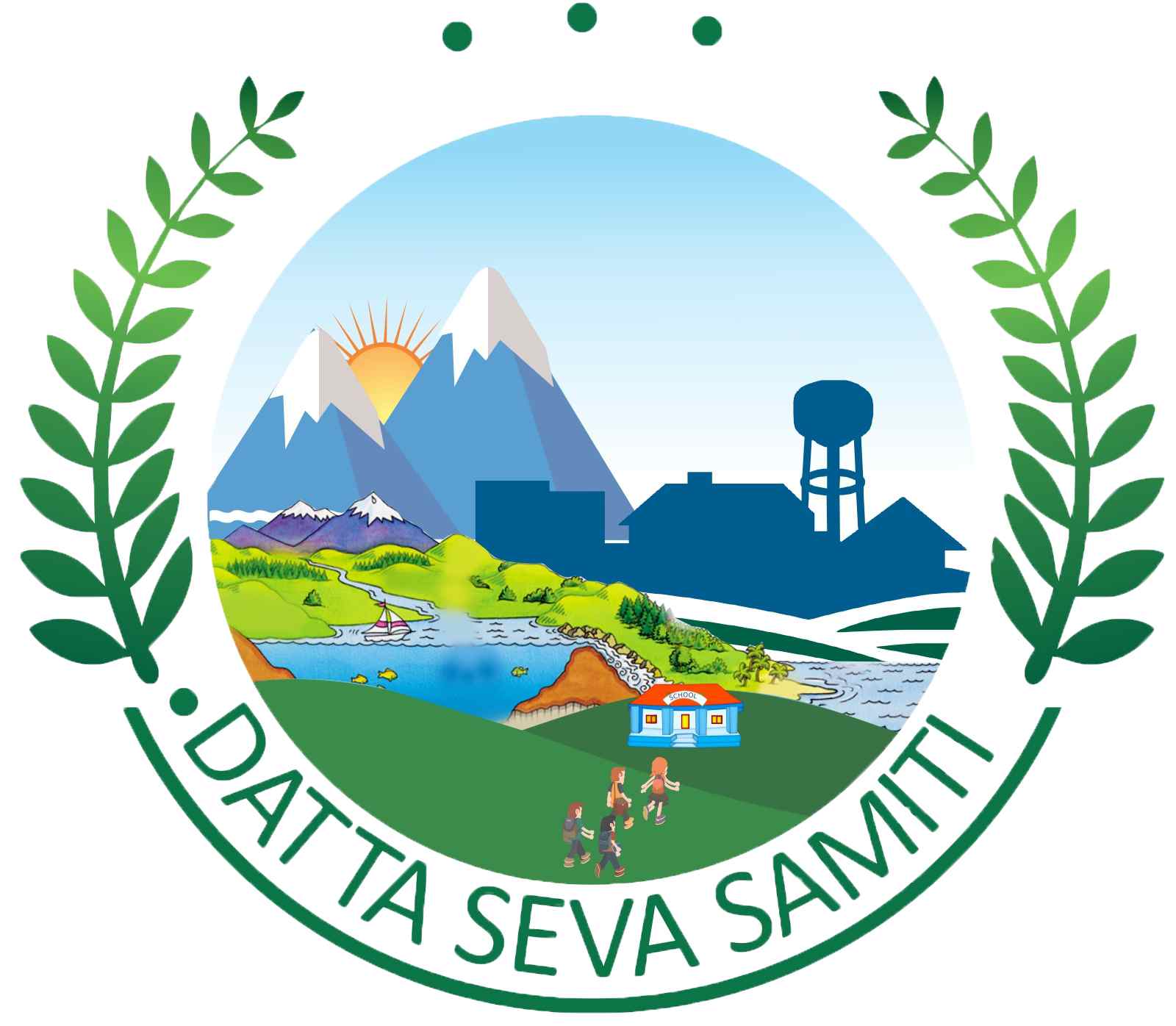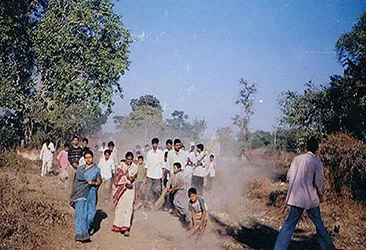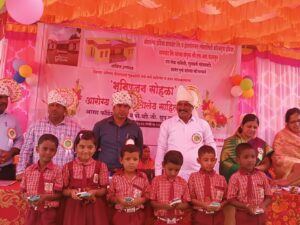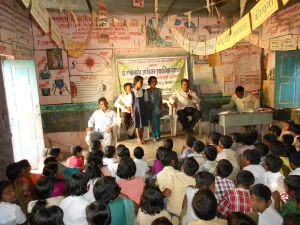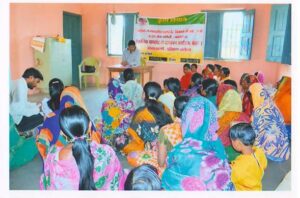About Saint Gadge Baba And Gram Swachata Abhiyan Program
GADGE BABA, the 19th-century folk hero who inspired people with his philosophy of self-reliance and community-sharing, would have been delighted at the changes that are being wrought in the villages of Maharashtra. Clean surroundings, self-help schemes, the use of fuel-saving devices, increased environmental awareness and the strengthening of women’s groups are just some of them. Gadge Baba was born in 1876 in a washerman’s family in Amravati, in northeastern Maharashtra. He lived a life of poverty, at first tilling his fields and then later, when he lost his land, working as a wage labourer. One day, he was in a field, keeping birds away from the grain. A passing sadhu mocked his efforts and asked him if he owned the grain.
That was his moment of realisation. The values of community-sharing and giving, which were revealed to him after the sadhu’s comment, stayed with him for the rest of his life and became the basis of his teachings. His teachings were simple — give food to the hungry and shelter to the needy and protect the environment. A common man’s teacher, the Baba travelled all over the countryside, carrying his trademark broom and wearing his food pan upturned on his head. As soon as he entered a village he would start cleaning the roads and gutters, telling the people that their felicitations would have to wait until his work was done. With the money that people gave him, he built dharmashalas, educational institutions, animal shelters, and hospitals — almost all of which are still functioning. His campaign was immensely popular. After his death in 1956, Gadge Baba and his movement slipped easily into folklore. By taking inspiration from them govt introduced a cleanliness program at the rural level.
Datta Seva Samiti successfully completed the Saint Gadge Baba and Gram Swachata Abhiyan in Nagar Parishad, Yavatmal
- Karkheda
- Bhalkhi
- Khanapur
- Bramhanwada
Swachata (Cleanliness) is not a one-time thing. It’s a continuous process, so We are focusing on the cleanliness of each village wherever we are working.
